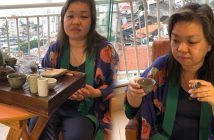According to Euromonitor International, the country occupies the 88th position in the world ranking of tea consumption, with an average per capita of 19 cups per year
For the specialty coffee market to grow in Brazil, it needed the broad support of the government over several years and a lot of investment and commitment from large companies, mainly Nespresso and illycafè (read the story here). At the same time that they helped to disseminate the best cultivation practices among producers, they played a leading role in consumer education, through million-dollar marketing campaigns.
Brazilian teas, in turn, are starting to follow the same road, now with the leading role of Leão Alimentos e Bebidas (website) – a century-old mate and tea company, acquired in 2007 by multinational giant Coca-Cola –, allied to the category’s efforts to raise awareness so that authorities invest in increasing national production of mate and various herbs. And the similarities don’t stop there.

It is true that coffee is the national consumption preference, the second largest consumer market behind only the US and the largest producer in the world, a position that has been maintained for the last 150 years. According to estimates by the Dutch investment bank, Rabobank, Brazilian coffee production in the 2020/21 harvest will be 67.5 million bags. On the other hand, coffee consumption by Brazilians, in the same period, was 828.2 cups.
But it is important to remember that the production of tea in Brazil once had a much greater economic significance than it has today. Brought by the first Japanese immigrants, the tea plant, the camelia sinensis, spread to several regions of the country and, between 1980/90, the country became one of the largest exporters in the world, with a production mainly concentrated in the region of Registro, countryside of São Paulo.
With the ongoing economic plans created to recover our weakened economy from a runaway inflation, the situation of tea producers in the country has undergone repeated setbacks. The Plano Real was the shot of mercy, and the producers saw their businesses evaporate. With the parity of the dollar, Brazilian tea is no longer competitive. “The international market preferred to buy teas from Ceylon, China, etc., which were infinitely cheaper. In addition, there has never been a strong domestic market for tea consumption, unlike what has always happened to coffee,” says the president of the Brazilian Tea Association, Caio Barbosa (read the story here).
But the camelia sinensis plants, despite being abandoned, are still around, spread throughout the national territory. Currently, the country is experiencing a renaissance in the consumption of teas and infusions, leveraged even by the effect of the pandemic. Created two years ago, AbChá, the Brazilian Tea Association, already has 67 members, including individuals and companies and several tea schools that, together, have trained more than 1,200 students, professionals able to act as tea blenders, tea sommeliers and even producers, mainly of orthodox or specialty teas. (read the story here)
And, more than that, thousands of tea crops are being rediscovered by this new wave of more trained and qualified professionals, who wish to return to producing Brazilian teas, to supply not only the domestic market but also the whole world. Willingness is abundant, but financial support is needed.
Tea segment worldwide
According to a report by Euromonitor International, tea is the most consumed beverage in the world (in volume, when considering the total brewed) with a global market size in 2020 of 356.2 billion liters, representing a growth of 6.9% in relation to 2019 results. China is the most important market: in 2020 alone, it had a turnover of US$ 12.2 billion, followed by Japan with US$ 2.8 billion and the USA with US$ 2.7 billion. Brazil occupies the 88th position.
According to the survey, the tea industry is larger globally in volumes than the coffee, bottled water and soft drinks industries.
Brazilian blends, herbs and infusions
Also according to Euromonitor International, Brazil occupies the 88th position in the world ranking of tea consumption, with an average per capita of 19 cups of tea per year. A study by Sebrae shows that, by 2023, the sector should grow 43%, thanks to consumer interest in healthier food and beverages.
Leão Alimentos e Bebidas is the leader in the segment of blended teas and infusions, with a 64.5% share. Last year, there was a 29% growth in teas for infusion. Alone, the company handled 4.7 thousand tons of herbs in the same period, between domestic and imported from Turkey, mainly.
According to Marcelo Correa, leader in the commercial and business development sector at Leão, we are experiencing one of the greatest development opportunities in the tea market. “Compared to other Latin American countries, domestic consumption is still very small. But we already have the opportunity to develop both the consumption and the production of Brazilian herbs, whether they are for use at Leão or for other beverage producers,” he says.
“Our responsibility and role are very clear: mainly to educate Brazilians about the beverage, about its history, different ways of consumption, whether through packaging, social networks and advertising campaigns, in all forms. It is also up to us to explain to consumers what the features of the drink are and how they can help in their daily lives. Thereby, we need to bring innovations, launching new ways of consuming tea, with products in different formats, and with increasingly indulgent combinations of flavors,” he explains. And he adds: “In the latest surveys carried out by the company, it was very clear that consumers long for healthier drinks, and that is why our product portfolio shows this preference, with products with greater healthiness and versatility,” says Marcelo.
According to the executive, the culture of tea consumption in Brazil is predominantly within the homes or in environments where there is access to hot water for infusion. “We created on-the-go products, which brought possible new habits, as it allows taking tea in a bottle wherever the consumer wants, whether at the gym or at work,” he says.
“The preparation of tea with ice water, for example, caused consumption in the North and Northeast of the country to grow significantly,” he states. Allied to this, the presence of the brand’s products in the main e-commerces in the country is helping spread the consumption of tea,” he adds.
“Our purpose is to develop the tea category and lead the education of the beverage consumption in the country”.
Producers’ chain
Leão buys a large part of the local yerba mate production for its production. The other herbs, however, are imported from different countries. According to a survey carried out in 2019, the company has 12 suppliers of yerba mate. Each supplier has around 300 producers, and each producer has at least three people working in the planting, maintenance and harvesting of the crop. With this, it is estimated that about 10,800 people work directly with the cultivation and harvesting of mate for Leão. If indirect jobs are counted with workers in processing, roasting, transfer, stocking, filling and inputs, this figure might triple, according to data from the company itself.
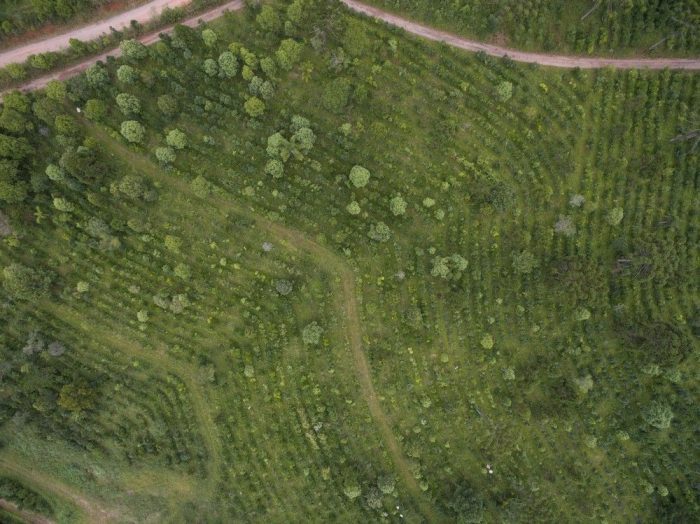
It is important to emphasize that only 5% of the volume of yerba mate sold in the country is directed to the tea market. The remaining 95% are used by the chimarrão and tereré market, among others, which, by the way, is also going through an outstanding phase. (read the story on Inovamate here)
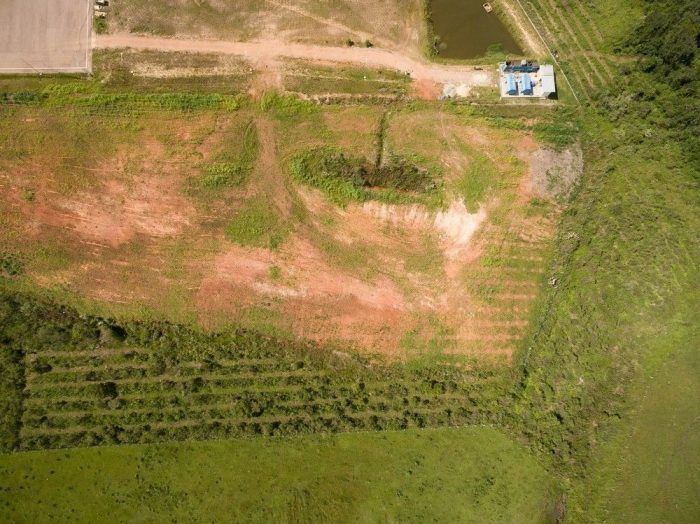
For the general manager of organizational and institutional development of Leão Alimentos e bebidas, Fabiano Rangel, the growth of this market represents both a challenge and an opportunity, since the yerba mate chain is practically all nationalized. The plant is native to the South region, in the states of Paraná, Santa Catarina and Rio Grande do Sul. “The other herbs we use in the different types of teas and blends that Leão produces are purchased around the world, centralized and sent to Germany, where Coca-Cola, through a partner, uses an extremely important process of primary processing of the herb, which exempts the raw material from any microbiological risk, without loss of essential oils,” explains Fabiano.
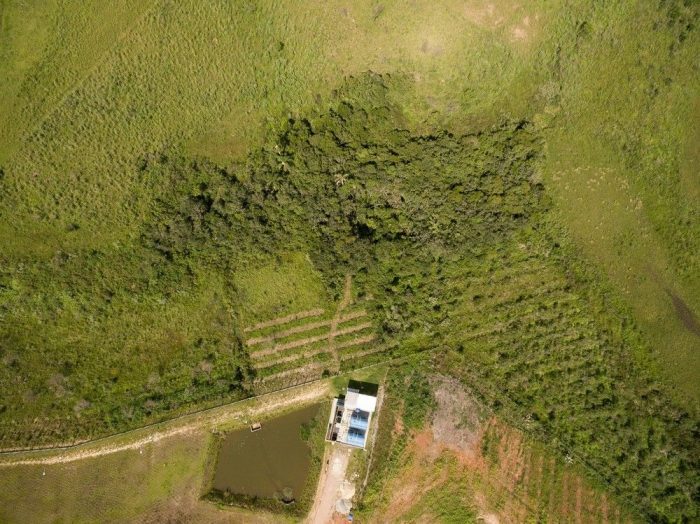
Why import herbs?
According to the executive, there is no national production of herbs with the necessary scale to supply the industry. For him, there needs to be a significant increase in the consumption of teas, infusions and herbs so that it can generate the development of this regional chain and be associated with the development of technologies to be able to sterilize the raw material without major impacts from the point of view of hyper-sensory or of any other nature.
“Today, in practice, when I work with dry material (herbs for tea production), from the standpoint of sterilization and quality maintenance, the industry use the irradiation process, which does not meet our quality requirements. Leão needs another process, that of pressure and temperature, where we can guarantee this sterilization, which unfortunately does not exist in Brazil. And, even if I have a primary chain developed to deliver this raw material to me, from the field and cultivation point of view, I would need to have an agribusiness that was able to work this part of the raw material sterilization process. Is it our wish, our dream? Yes, it is. If I increase demand, if I greatly increase the scalability of products that in any way is justified, there will probably be other players interested in this part of the tea chain, which would obviously benefit the market as a whole and us, as a result,” he states.
After being sterilized in Germany, the product is finished in Brazil. “Could we have chamomile, lemon balm or another nationalized herb in our products? We definitely could! It turns out that it is necessary to have a significant scale to generate commercial interest in the development of the regional chain allied to technology for the cultivation of these species. Is it our wish? Yes, it is, but several factors are required, such as availability of producers and development of technology and a scale to handle all of this,” he adds.
Discussing the regulatory framework
Fabiano raises another issue that, for him, must undergo an update, which is the regulatory framework of the tea sector. “With the increasing habit of consuming teas and the growing demand, it is necessary for us to discuss the regulation of the sector, which is very old and needs to be updated at the same levels as international agencies, such as the American, European and Asian FDAs. ANVISA is very far from them, as its historical data are very old and have not evolved. And this, obviously, generates some restrictions on the possibility of the market expanding to other assortment opportunities, availability of blends, new flavors, new characteristics, because for the market to evolve, we obviously need to have regulatory support for this purpose. This ends up creating great difficulty for manufacturers to create new beverages, mixing herbs with vegetables, fruits and flowers,” he concludes.
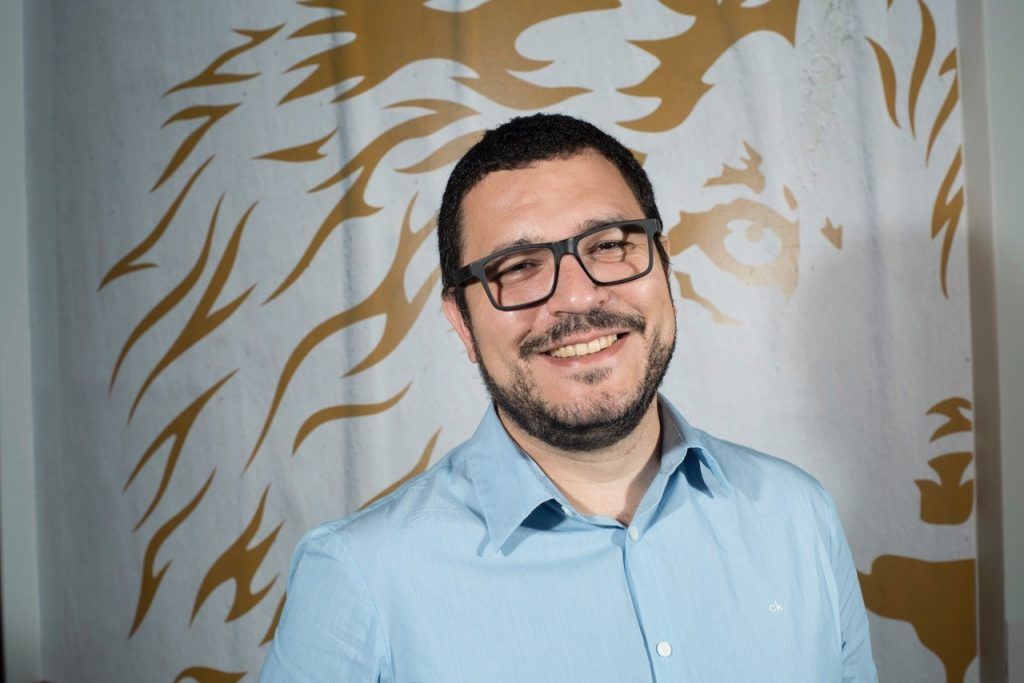
Fabiano Rangel, General Manager of Organizational and Institutional Development at Leão Alimentos e Bebidas
Leão Alimentos e Bebidas
Matte Leão was the flagship of the company Leão Junior S.A., founded in 1901 by Agostinho Ermelino Leão Junior, in the city of Curitiba, as a company for the industrialization of yerba mate. The teas for infusion became toasted tea with the Matte Leão brand in 1938. In 2007, it became part of the Coca-Cola Brazil System which, in 2012, after the incorporation process, was officially renamed Leão Alimentos e Bebidas.
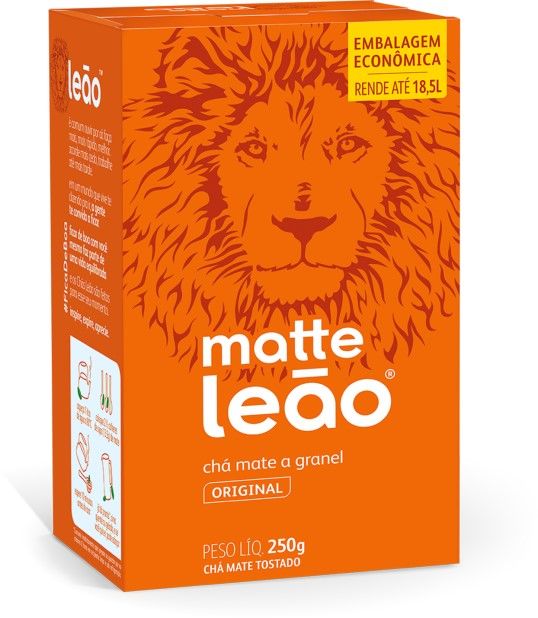
In the 50s, in Rio de Janeiro, the habit of drinking ice-cold mate on the beaches and in Maracanã emerged. In the 80s, Leão launched Mate Leão in sealed cups.
Leão’s launches
2016 – Senses – premium line with herbs imported from Turkey
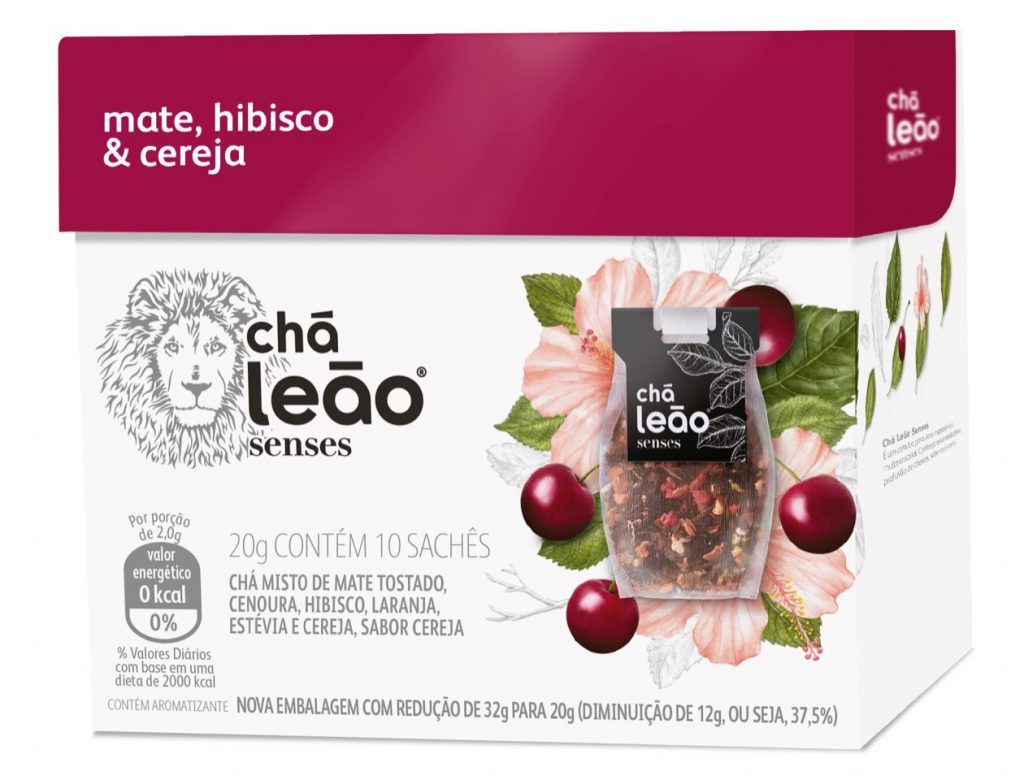
2018 – Teas in capsules
2019 – Teas for infusion with ice water
2020 – Functional teas
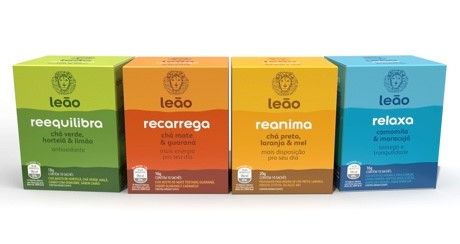
2021 – Teas for children Leãozinho


